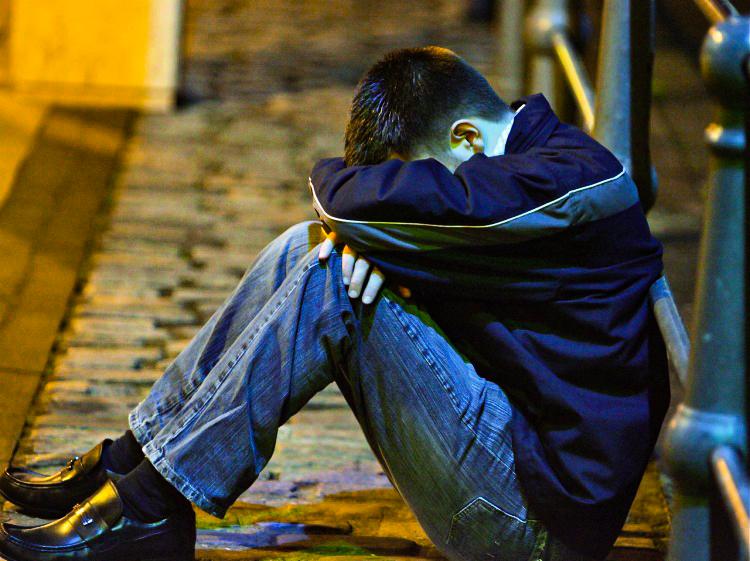Influenced by prolific social media and reality TV show, which showcase unrealistic and distorted images of finding love, Australian teenagers lack healthy role models for both friendships and intimate relationships, according to an expert.
The situation has worsened amid a rise in domestic violence, mental health challenges, and the increase in separation and divorce rates in the country, which increased significantly since the COVID-19 pandemic.




